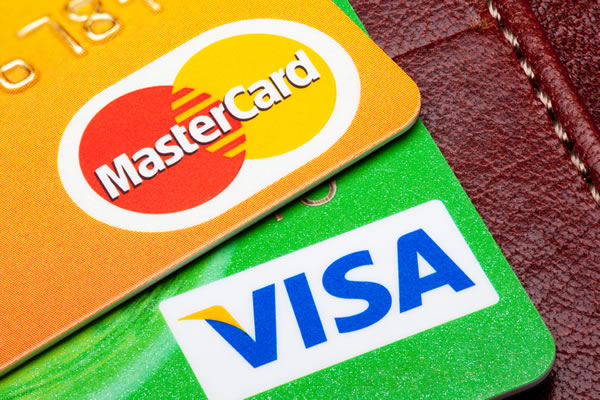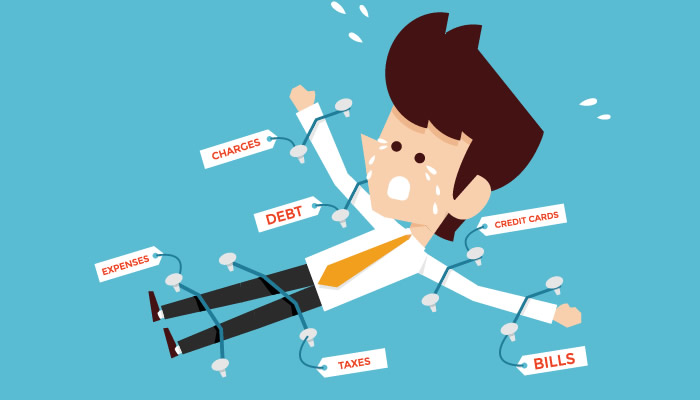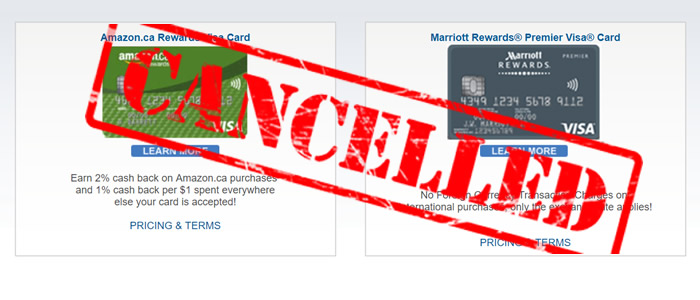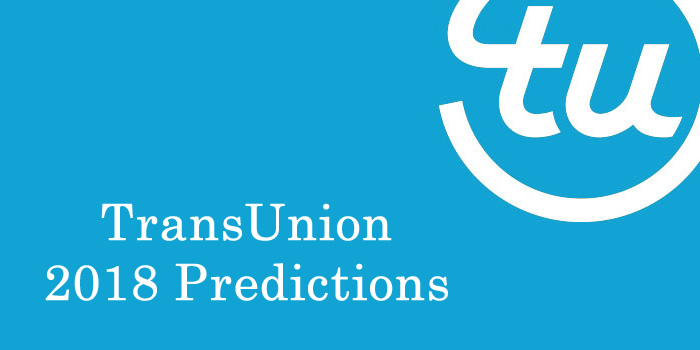Wrangling Between MasterCard and Visa Delays Lower Credit Card Interchange Fees
Posted October 14, 2014 in News
Photo credit: Yuri Samsonov / Shutterstock.com
Canadians pay some of the highest credit card transaction fees in the world. The federal government promised to intervene, but it’s having a tough time coming to an agreement that all sides are satisfied with. Not only are high credit card fees bad for consumers, leading to higher prices, they hurt small businesses, too.
Interchange Fees Plague the Federal Government
Credit card interchange fees have been a sore spot for the federal government for years. The federal government promised to address the situation once and for all in its latest budget; that’s after the Competition Tribunal ruled last year it’s a matter for the Finance Department to address, not the federal Competition Bureau.
Ottawa finds itself smack-dab in the middle of tense negotiations with Canada’s biggest payment processors MasterCard and Visa. The federal government has asked the two payment processing giants to voluntarily reduce transaction fees by 10 per cent. However, both seem hesitant to comply.
MasterCard and Visa haven’t been shy about voicing their opinion on interchange fees. The payment processors believe no regulation is necessary. “There is no evidence, economic or otherwise, to establish that regulation is necessary,” said Robert Livingston, who runs Visa Canada. “Regulation, we believe, will only harm consumers to the benefit of retailers, and none of the evidence we have seen would show otherwise.”
The credit card battle between MasterCard and Visa draws many parallels to the soda wars between Pepsi and Coke. MasterCard and Visa service over 90 per cent of the credit card market. Their biggest fear is that agreeing to lower interchange fees could somehow give their rival a competitive advantage. Although negotiations are still progressing, both are still slow to agree to any interchange fee concessions.
High Interchange Fees Hurt Consumers and Small Business
Interchange fees amounted to a whopping $5 billion in 2010, says the Competition Bureau. That figure is likely a lot higher today, due to the rise in popularity of premium credit cards.
A lot of consumers assume they’re getting a free ride when it comes to credit card reward points. That simply isn’t true. Retailers pay interchange fees between 1.5 per cent and 4 per cent of purchases, according to the government. Customers who pay by cash, debit and basic credit card are subsidizing those who use premium credit cards with interchange fees up to 4 per cent. That’s because most retailers increase their prices to account for the heftier interchange fees.
Small businesses aren’t a fan of interchange fees either. So-called premium credit cards eat into their bottom line. Small businesses have been pushing for the right to refuse premium credit cards, but so far that hasn’t happened. Small businesses find themselves faced with a tough situation: offer credit cards as a method of payment and eat the costly transaction fees that come up with, or only offer debit and cash and risk losing customers.
Dan Kelly, president of the Canadian Federation of Independent Business, chimed in with his two cents on interchange fees. “This is a puzzle that has plagued [finance ministers] for an awfully long time. It is one of the most complicated files out there with a million moving parts. This is one of the most opaque industries in the country.”
What’s the Solution?
Sources say one solution has already been tabled: to cap the average interchange fee at a certain amount. While it’s unclear what the amount would be, there is already opposition to the proposal. Visa is worried MasterCard will be able to jack up the interchange fees on its other credit cards, as long as its fees fall below the limit.
The Bottom Line
With a federal election looming in 2015, this is one issue the federal government would like to resolve once and for all. If the payment processors won’t agree to voluntarily lower their interchange fees, the federal government will have no choice but to step in and force them to. Whether the carrot or stick approach will work remains to be seen, as consumers and small businesses are left waiting anxiously on the sidelines for the results.




